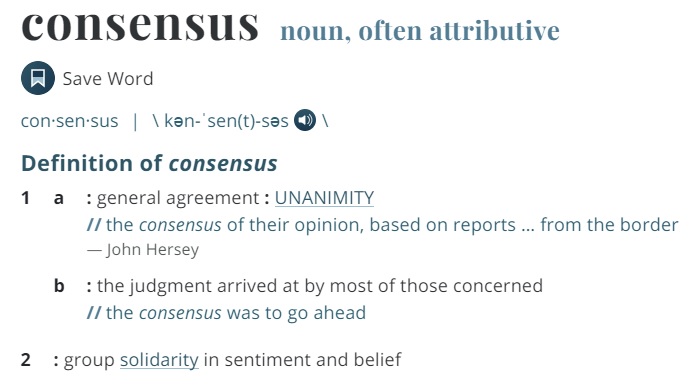A lawsuit brought by some of the families of children killed in Newtown, CT has been dismissed. The lawsuit sought to find Remington, their distributor Camfour, and the dealer Riverview as having been guilty of “negligent entrustment” for selling the Bushmaster AR-15 used by the killer. Superior Court Judge Barbara Bellis found that the claims put forth by the plaintiffs did not meet one of the six exceptions found in the Protection of Lawful Commerce in Arms Act. She issued her ruling on this past Friday afternoon.
The basis of the lawsuit was on the legal theory of negligent entrustment. That is, did the defendants give, sell, or “entrust” their product knowing full well that it would be misused or had the high potential to be misused. An example of negligent entrustment would be loaning your car to a friend to pick up some more beer when you knew he had been drinking. In this case the plaintiffs argued that an AR-15 was so dangerous and so “assaultive” that it should never have been sold to “civilians”.
In determining her decision, Judge Bellis examined whether the actions of the defendants constituted negligent entrustment under Connecticut state law and then pursuant to the PLCAA. After first examining the history of negligent entrustment and relevant court cases both in Connecticut and outside of it, she first concluded that the actions of Remington and their fellow defendants did not give rise to negligent entrustment.
In the present case, the plaintiffs allege that the defendants’ entrustment of the firearm to the respective entrustees was negligent because the defendants could each foresee the firearm ending up in the hands of members of the an incompetent class in a dangerous environment. The validity of the argument rests on labeling as a misuse the sale of a legal product to a population that is lawfully entitled to purchase such a product. Based on the reasoning from McCarthy, and the fact that Congress has deemed the civilian population competent to possess the product that is at issue in this case, this argument is unavailing. To extend the theory of negligent entrustment to the class of nonmilitary, nonpolice civilians – the general public – would imply that the general public lacks the ordinary prudence necessary to handle an object that Congress regards as appropriate for sale to the general public. This the court is unwilling to do.
Accordingly, because they do no constitute legally sufficient negligent entrustment claims pursuant to state law, the plaintiffs’ negligent entrustment allegations do not satisfy the negligent entrustment exception to PLCAA. Therefore, unless another PLCAA exception applies, the court must grant the defendants’ motion to strike.
McCarthy, which Judge Bellis references, was a case brought by Carolyn McCarthy against Olin for selling Black Talon cartridges. Her husband’s murderer had used these Winchester cartridges in his killing spree on the Long Island Railroad. The McCarthy case was dismissed under the PLCAA.
Though Judge Bellis did not need to consider whether the defendants’ actions constituted negligent entrustment under the narrower definitions set forth by the PLCAA given they failed to meet the broader standard set under Connecticut state law, she did so in the “interest of thoroughness” and to provide further support for her decision.
After examining the plaintiffs’ case in the light of the more limited definition of negligent entrustment, Judge Bellis concluded that the immunity provided by the PLCAA prevailed. She also examined the plaintiffs’ argument that the Connecticut Unfair Trade Practices Act allowed them to bring this action as an exception to PLCAA due to a violation of a state statute. This, too, was dismissed.
Although PLCAA provides a narrow exception under which plaintiffs may maintain an action for negligent entrustment of a firearm, the allegations in the present case do not fit within the common-law tort of negligent entrustment under well-established Connecticut law, nor do they come within PLCAA’s definition of negligent entrustment. Furthermore, the plaintiffs cannot avail themselves of the Connecticut Unfair Trade Practices Act (CUPTA) to bring this action within PLCAA’s exception allowing lawsuits for a violation of a state statute applicable to the sale or marketing of firearms. A plaintiff under CUPTA must allege some kind of consumer, competitor, or other commercial relationship with a defendant, and the plaintiffs here have alleged no such relationship.
For all of the foregoing reasons, the court grants in their entirety the defendants’ motions to strike the amended complaint.
Judge Bellis’ opinion ran to 54 pages. I surmise that one of the reasons she took so much time to lay out her arguments for approving the motion to strike is so that it will withstand scrutiny by an appeals court. The plaintiffs’ have vowed to appeal this ruling.
As might be expected, this ruling was attacked by both Hillary Clinton and the gun prohibitionist lobby. Clinton quickly released a tweet saying it was “incomprehensible that our laws could protect gun makers over the Sandy Hook families. We need to fix this.” Robyn Thomas of the Law Center to Prevent Gun Violence (sic) attributed the decision to “the gun lobby’s destructive grip on Washington.” Lest anyone forget, the Protection of Lawful Commerce in Arms Act was enacted in 1995 as a response to multiple municipal lawsuits seeking to destroy the firearms industry through litigation. It also provides only limited immunity and not a blanket immunity against negligence.


